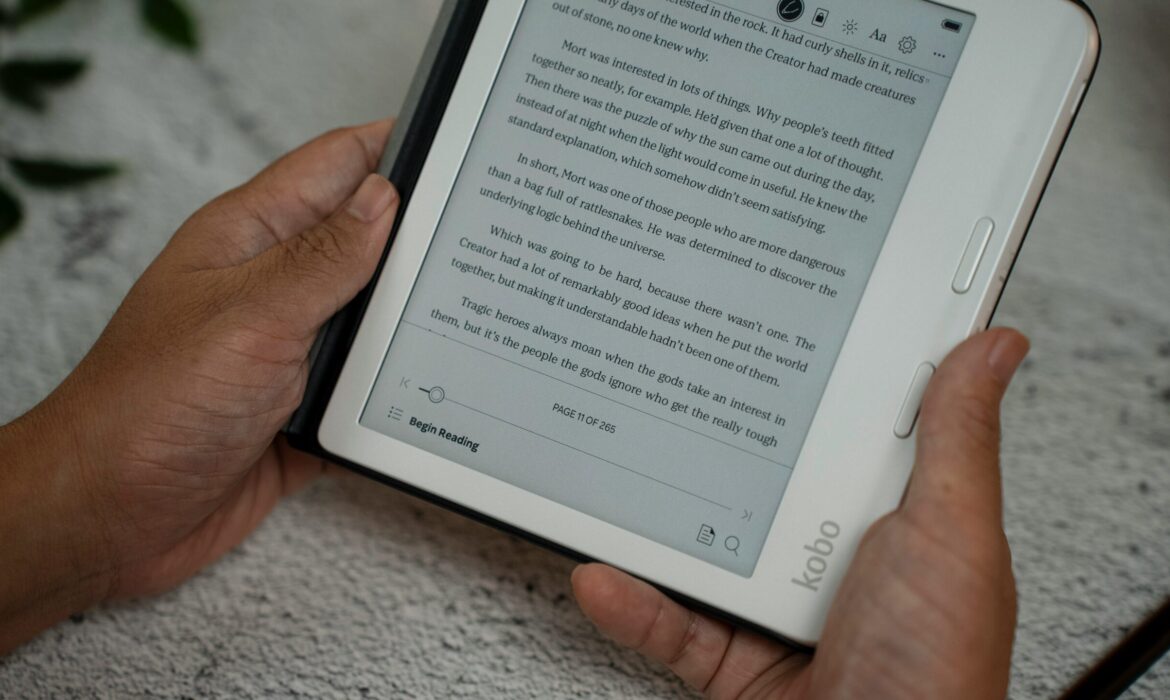Visit the official Biblioteca do Futuro website to explore an innovative platform that is revolutionizing access to literature and cultural heritage in Goiás, Brazil. Biblioteca do Futuro is a digital library dedicated to preserving, promoting, and democratizing access to the rich literary output of the Goiás region. Spearheaded by the União Brasileira de Escritores – Seção Goiás (UBE/GO) and coordinated by Adalberto de Queiroz, this initiative leverages modern technology to bring regional literature, literary criticism, and audiovisual content to a broad audience. Its mission is rooted in fostering cultural engagement, encouraging local authors, and ensuring that the wealth of Goiás’s literary tradition is accessible to everyone, irrespective of physical location or socioeconomic status.
The platform operates on the open-source Tainacan system, which provides robust digital asset management capabilities tailored to cultural collections. This technology underpins the organization of the library’s extensive catalog, which includes works from public domain classics to contemporary pieces submitted by active Goiás authors. By maintaining a user-friendly and accessible interface, Biblioteca do Futuro enables visitors to easily browse, search, and engage with a wide array of literary content. The library does not merely serve as a repository; it is a dynamic cultural hub that combines literary works with critical essays and multimedia resources, enriching users’ understanding of Goiás’s cultural landscape.
A standout feature of Biblioteca do Futuro is its active support for contemporary writers from the region. The platform provides an open call for authors to submit their works, fostering a vibrant literary community and helping emerging voices gain visibility. This collaborative approach helps keep the library’s content fresh and relevant, ensuring that it reflects ongoing developments in Goiás’s literary scene. Additionally, the platform hosts literary contests and cultural events that encourage creative expression and community involvement, making the library an essential cultural institution within the state.
Financial and institutional support from Brazil’s Lei Aldir Blanc cultural incentive underscores the importance of this project. Such backing ensures the platform’s sustainability, allowing continuous updates, maintenance, and the promotion of cultural initiatives that extend beyond digital access. The initiative’s alignment with governmental cultural policies highlights its recognized role in preserving and advancing regional heritage.
Usability and accessibility are central to the platform’s design philosophy. Biblioteca do Futuro offers mobile-friendly access and an intuitive browsing experience, allowing users to engage with the content on various devices with ease. The inclusion of audiovisual media, such as recorded readings and interviews, caters to diverse user preferences and learning styles, increasing the library’s appeal. This multimodal content strategy not only broadens audience engagement but also helps younger generations connect with regional literature in more interactive ways.
From an educational perspective, the platform is an invaluable asset. Educators and students can utilize its resources to enrich curricula, explore literary analysis, and gain insights into the socio-cultural contexts shaping Goiás’s literature. The availability of critical essays alongside original works fosters a deeper literary appreciation and promotes critical thinking skills. For independent learners and researchers, Biblioteca do Futuro offers an extensive, reliable, and easily navigable resource that supports a wide range of scholarly and casual interests.
Looking forward, Biblioteca do Futuro has numerous opportunities for growth and innovation. Enhancing interactive features such as personalized recommendations, social reading tools, or virtual discussion groups could further boost user engagement and build a community around regional literature. Expanding partnerships with cultural organizations and educational institutions would increase the library’s reach and embed it more firmly within Goiás’s cultural fabric. Additionally, incorporating multilingual options could open access to a global audience interested in Brazilian literature and culture.
Technological improvements, including advanced search capabilities powered by artificial intelligence or machine learning, could make exploring the library’s rich collection more intuitive and efficient. Offering APIs for integration with other cultural platforms and educational tools could extend the impact and accessibility of the collection, encouraging third-party innovation and content sharing.
Sustainability remains a key focus. The ongoing success of Biblioteca do Futuro depends on continued funding, active community engagement, and adaptive management. Encouraging user contributions, whether through donations, content submission, or participation in cultural activities, will foster a sense of ownership and ensure the platform’s relevance over time.
In conclusion, Biblioteca do Futuro exemplifies how digital technology can serve as a bridge between tradition and modernity, preserving regional literary heritage while expanding access and participation. It is a shining example of cultural democratization, offering invaluable resources to readers, writers, educators, and cultural enthusiasts alike. Through its commitment to quality content, accessibility, and community engagement, Biblioteca do Futuro plays a crucial role in nurturing the literary culture of Goiás and inspiring future generations.
For those who value literature and culture and seek to explore the vibrant literary scene of Goiás, Biblioteca do Futuro offers an exceptional resource that blends technology with tradition.
Explore the wealth of Goiás’s literary culture with Biblioteca do Futuro.


